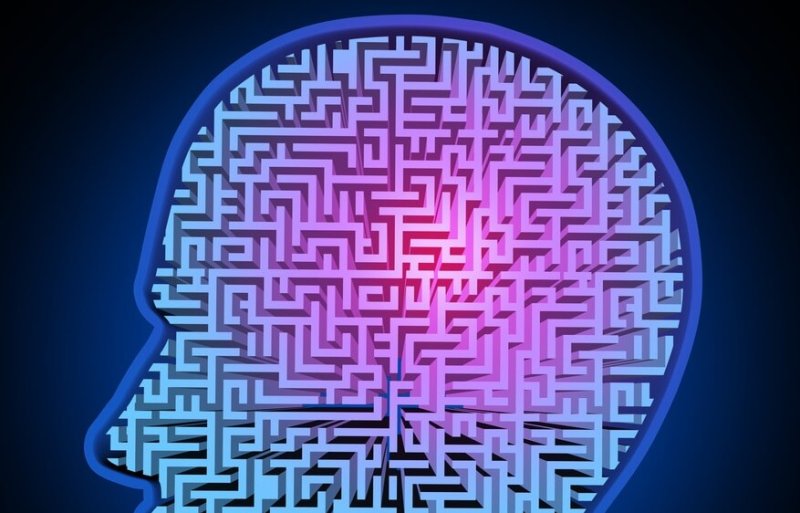“Every psychiatrist knows of patients whose symptoms don’t clearly meet the definition of any one disease.” So said Ken Duckworth, medical director of the patient advocacy group NAMI.
He was responding to a study published in the The Lancet on February 28: A team of researchers called the Cross-Disorder Group of the Psychiatric Genomics Consortium analyzed the genetics of 33,000 people and found that patients with the five most common mental illnesses—depression, bipolar disorder, autism, attention-deficit disorder, and schizophrenia—share some of the same genetic abnormalities.
Duckworth’s fuzzy definition describes me. I’ve been diagnosed with clinical anxiety and a dash of depression, and I’ve been in treatment for my mental health for nearly three years. Both in personal experience and in discussions with therapists and psychiatrists, I’ve seen—and felt—this blurring of boundaries that Duckworth points out. In my case the mix of anxiety-driven highs and depressive lows may seem an awful lot like bipolar disorder.
In covering the study, the science journalism community largely latched on to the idea that we may have found some genetic root for mental illness—a version of the well-worn “gene for [insert disease here] discovered” subgenre of science and medical journalism—shortchanging the interplay between biology and environment (and the separate fields of genetics and psychiatry) at play in the paper in favor of a form of genetic determinism.
It’s easy to think as genes as the end-all, be-all of biology, a belief called genetic determinism, genetic reductionism or “gene-ism”. If we can simply pinpoint the mutation that underpins a disease, the popular logic goes, we should be able to “go in” and fix it. Unfortunately, the study in The Lancet points to several genes, not one, at play in mental illness. There’s no single mutation that everyone with mental illness has.
But consider the neurodegenerative Huntington’s disease: a rare case in which genetic reductionism is warranted—one can trace the disease back a single well-documented mutation, which was identified in 1993, If you have the mutation for Huntington’s, you will develop the disease.
Now, two decades out, despite Huntington’s genetic simplicity, there are still no cures and no treatments. An incredible amount of complexity arises between gene mutation and disease, and this keeps us from finding a simple solution. The beguiling genetic determinist view, which is so common in journalistic coverage of disease research and caused much public excitement about a potential cure when the mutation was identified, has left the public disappointed.
There’s little doubt that the path from genetic abnormality to depression or autism—which have an additional and powerful layer of sociocultural dysfunction and interaction on top of the biology—will prove just as difficult to follow as that of Huntington’s.
The current reality of mental illness, as experienced by patients and practitioners alike, is one of blurred boundaries. We need to avoid putting the horse before the cart: these findings in The Lancet were predicated on the researchers noticing this blurring and suspecting a genetic overlap between the common psychiatry disorders. In this case, a more accurate—if less exciting—headline might have been “Genetics catches up to the reality of psychiatry.”
Additional Resources:































